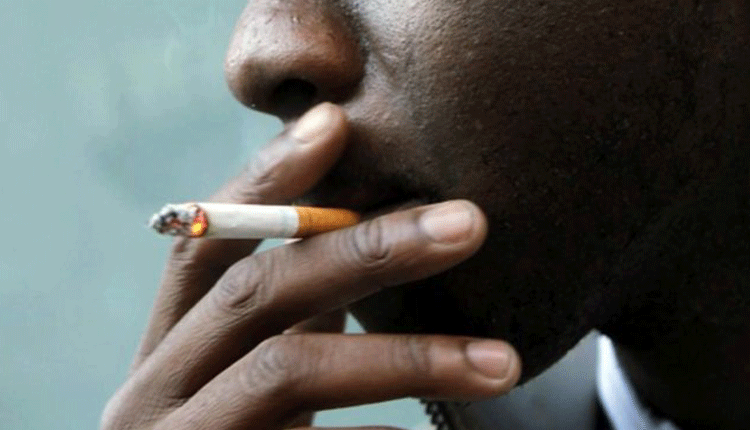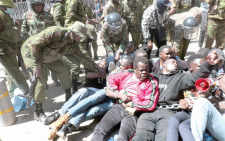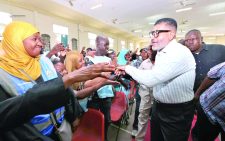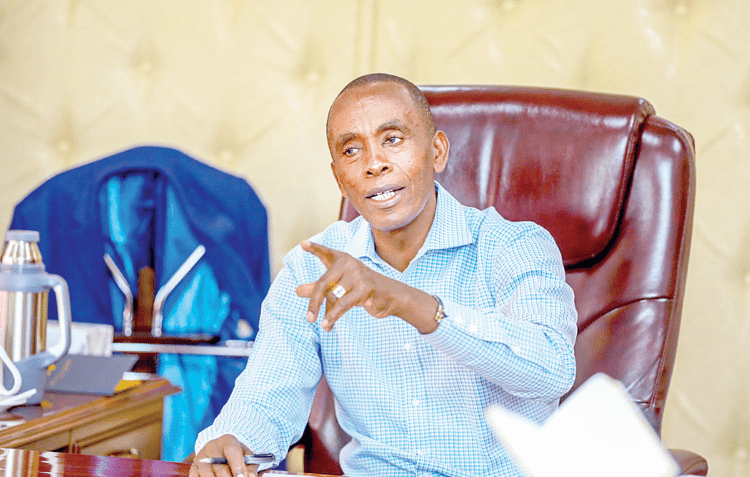University fails to remit Sh1.5b pension money
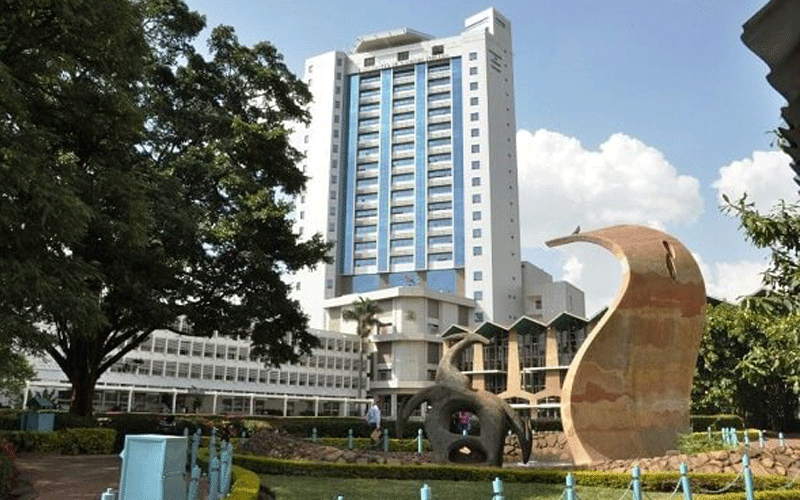
Hillary Mageka @hillarymageka
Thousands retirees from the University of Nairobi (UoN) face a bleak future after the institution failed to remit their pension contributions amounting to Sh1.5 billion.
In an audit report for the year ended June 2018, the university has further failed to forward statutory deductions amounting to over Sh600 million.
In particular, former Auditor General Edward Ouko has cited failure to remit substantial mounts including Pay As You Earn (PAYE) of Sh283 million, National Social Security Fund (NSSF) of Sh3.4 million, National Hospital Insurance Fund (NHIF) of Sh10 million, Chuna Sacco of Sh204 million, Higher Education Loans Board (Helb) of Sh828 million.
The audit report, which casts doubt on the leadership capacity and ability of former Vice-Chancellor Peter Mbithi, notes that the university’s financial performance deteriorated during the year under review from Sh1.4 billion in 2016/17 to Sh908 million in 2017/2018, occasioning a negative of Sh497 million as at June 30, 2018.
Further, the statement of the institution’s financial position as at June 30, 2018 reflects current liabilities amounting to Sh5.7 billion while current assets amount to Sh4.3 billion resulting in a negative working capital of Sh1.4 billion compared to a negative of Sh 3.1 million in the previous year.
According to the auditors, the management attributed the results to a decline in capitation from the parent ministry, industrial strikes by Universities Academic Staff Union (Uasu) and prolonged presidential elections which led to the closure of the university.
Improve performance
University cash flows were also hit hard after lower entry grade cut student population, adversely affecting the lucrative parallel degree courses in which students paid fees based on market rates.
“This impaired the university’s capacity to generate internal revenue,” the auditor’s report reads in part.
It adds: “The university, therefore, is apparently facing financial problems and its continued operations will continue to depend on the support of the government and lenders.”
However, during the audit, the management indicated that the university has put strategies in place to improve its financial performance to achieve its mandate.
During the year under review, the university fell short of the revenue budget by Sh1.6 billion due to shortfall of actual revenue from internally generated revenue, research grants and capitation and other income.
Internally-generated revenue and other income, Ouko revealed, were below target due to the industrial strikes by academic staff and the prolonged disputed presidential elections that led to closure of the university.
“There is need therefore for the university to diversify in its revenue generation sources to boost revenue growth,” says Ouko in the report tabled in the National Assembly by Majority Leader Aden Duale.
Diversify sources
The audit report also exposed a historical stalled student accommodation hostel at the university’s Lower Kabete campus
The project which was undertaken by M/s N. K brothers in 1990 stalled in 1992 after the GoK budgetary allocation ceased.
However, the initial contract was mutually terminated when the university owed the contractor Sh50 million plus interest and costs.
“Management had indicated that the entire project comprised a 500-bed hostel, kitchen and dining and common room to be constructed on a plot land measuring 126 acres L.R No 23616,” the report says, adding that the management indicated it had requested for Sh450 million to complete the hostels.
The report says an auditors’ visit to institution revealed that there were visible cracks in the columns, beams, chemical and physical damage on the stalled building.
“The completion of this stalled project would provide secure accommodation for university students,” the report notes.
In the circumstances, the auditors said, the project’s stakeholders may not obtain value for money if the project is not completed and put to the intended use.


